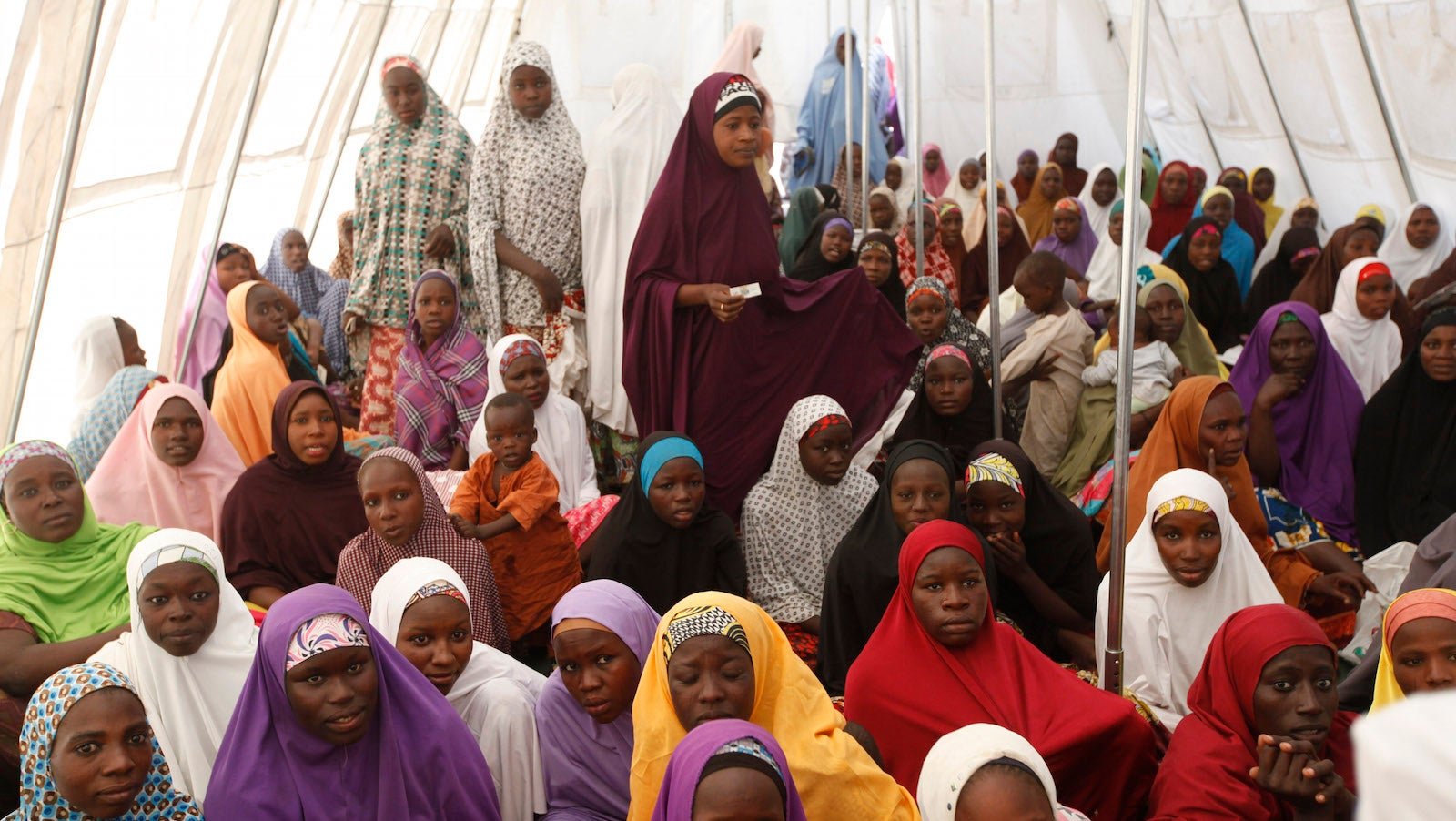More than a million kids have been forced out of school by the Boko Haram conflict
Conflict has forced a million children in northeastern Nigeria and its neighboring countries out of school since the start of the Boko Haram insurgency, according to a report published by Unicef yesterday (Dec. 22). That’s on top of the estimated 11 million students of primary school age who were already out of school “before the crisis began.” (A spokesperson was unclear on when Unicef considers to be the start of the crisis. Boko Haram first appeared in Nigeria (paywall) in 2009.)


Conflict has forced a million children in northeastern Nigeria and its neighboring countries out of school since the start of the Boko Haram insurgency, according to a report published by Unicef yesterday (Dec. 22). That’s on top of the estimated 11 million students of primary school age who were already out of school “before the crisis began.” (A spokesperson was unclear on when Unicef considers to be the start of the crisis. Boko Haram first appeared in Nigeria (paywall) in 2009.)
According to the report, the conflict in northeastern Nigeria has forced more than 2,000 schools to close in Nigeria, Cameroon, Chad, and Niger. Schools have been able to reopen in safer areas of the countries, Unicef adds, but many are overcrowded. And still, in some areas schools will not reopen for fear of being attacked—the jihadist insurgents have killed around 600 teachers in Nigeria so far.
The report highlights a side-effect of violent conflict: the impact on education. Children may stop going to class because schools are often the targets of attack—Boko Haram made international headlines in April 2014, when it abducted nearly 300 teenage girls from a secondary school, many of whom are still missing. But, the report adds, many students have been out of the classroom for more than a year, “putting them at risk of dropping out altogether.” But outside the classroom, they are also vulnerable to being attacked or recruited by insurgent groups.